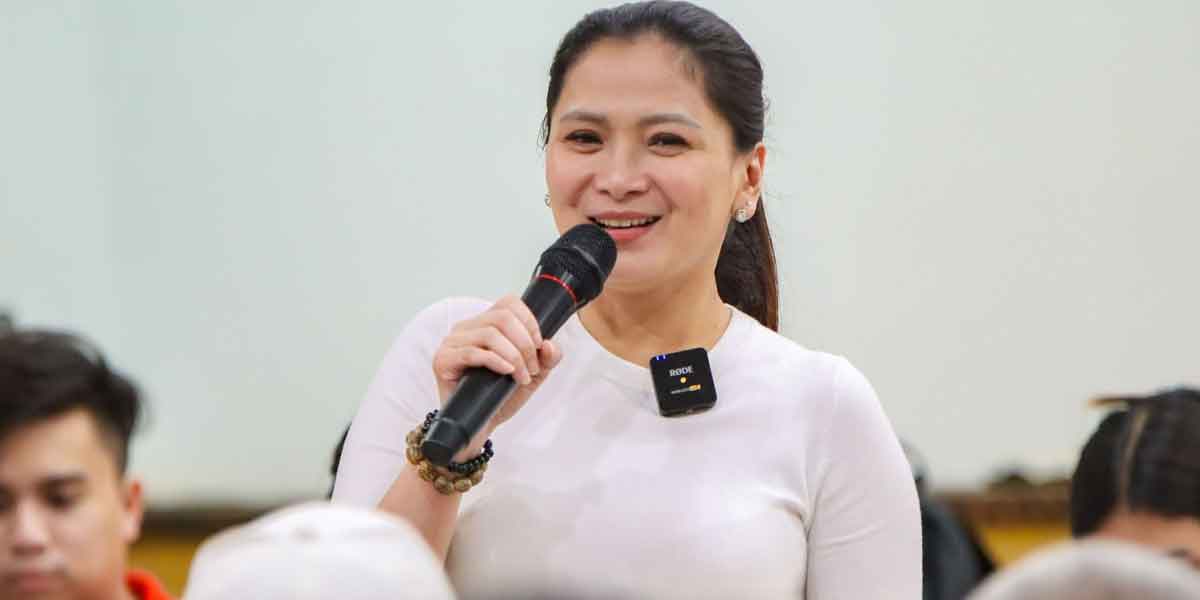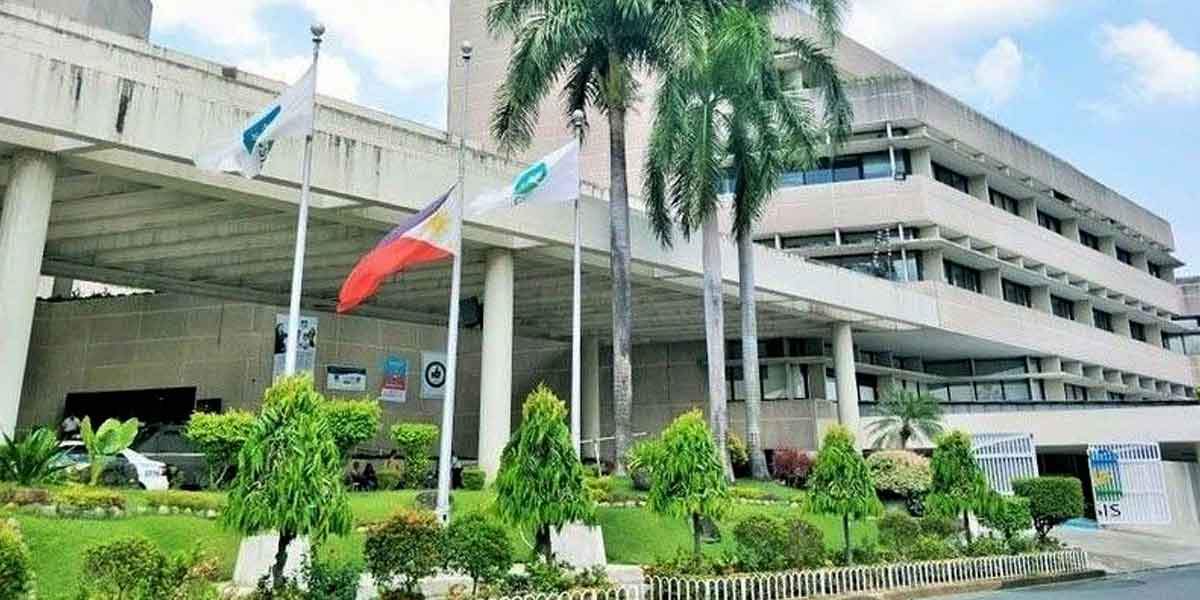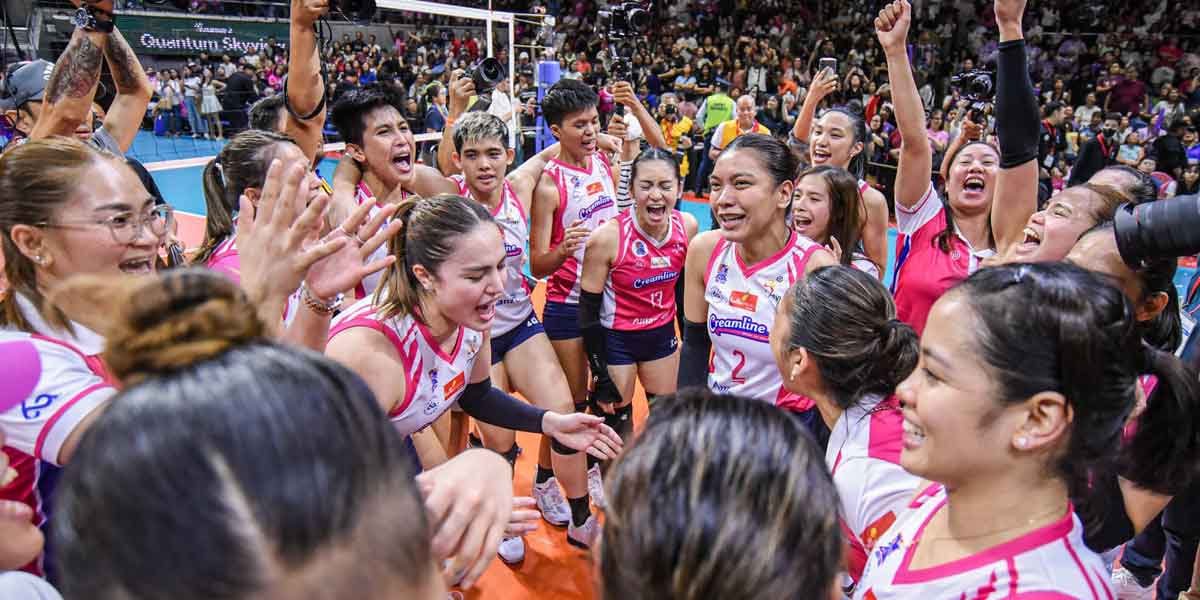The Philippine government, through the National Economic and Development Authority (NEDA), presented its innovative approach to achieving the Sustainable Development Goals (SDGs) during the 11th Asia-Pacific Forum on Sustainable Development (APFSD).
Held from February 20 to 23, 2024, at the United Nations Conference Centre in Bangkok, Thailand, the forum showcased efforts from various nations, including the Philippines’ formulation of regional SDG Catch-Up Plans.
Undersecretary Rosemarie G. Edillon, the Philippine delegation’s vice-chair at the forum, highlighted the integration of SDGs into the Philippine Development Plan (PDP) for 2023-2028.
Edillon stressed the strategic pivot from mere recovery to propelling the economy towards “a high-growth, inclusive, and resilient trajectory,” reflecting a nuanced understanding of the connections between economic, social, and environmental outcomes.
Despite laudable strides in the initial phase of the PDP, the pace of progress towards SDGs has been challenging.
Addressing this, Edillon shared insights on empowering regional stakeholders to develop SDG Catch-Up Plans.
These plans leverage local data and the Every Policy is Connected Tool by the UN Economic and Social Commission for Asia and the Pacific to accelerate actions on lagging SDG indicators.
“The sub-national catch-up plans intend to accelerate local initiatives on regressing SDGs indicators based on the Philippines’ SDG Pace of Progress,” Edillon said, emphasizing the tailored approach to localized development.
The close of the forum featured an impassioned call by Usec. Edillon for country delegates to reaffirm their commitment to the SDGs and enhance efforts to meet the goals.
“Ultimately, it is about the pursuit of a better life for all of us, in which no one is left behind.”
As the forum functions as a precursor to the 2024 High-Level Political Forum in New York, the discussion of the Philippines’ tactics offers a potential template for other countries grappling with similar development issues.
The regional Catch-Up Plans represent a critical component of the Philippines’ larger strategy to meet its SDG commitments.
These localized approaches consider the unique challenges and opportunities present in each region, adapting solutions to the context of their communities.
This level of nuanced, localized planning is part of a global shift towards recognizing the importance of sub-national efforts in achieving broader international targets.
By focusing on specific indicators and utilizing local data, the Philippines aims to model a responsive and adaptable framework for sustainable development that can inspire and be replicated by others.




















